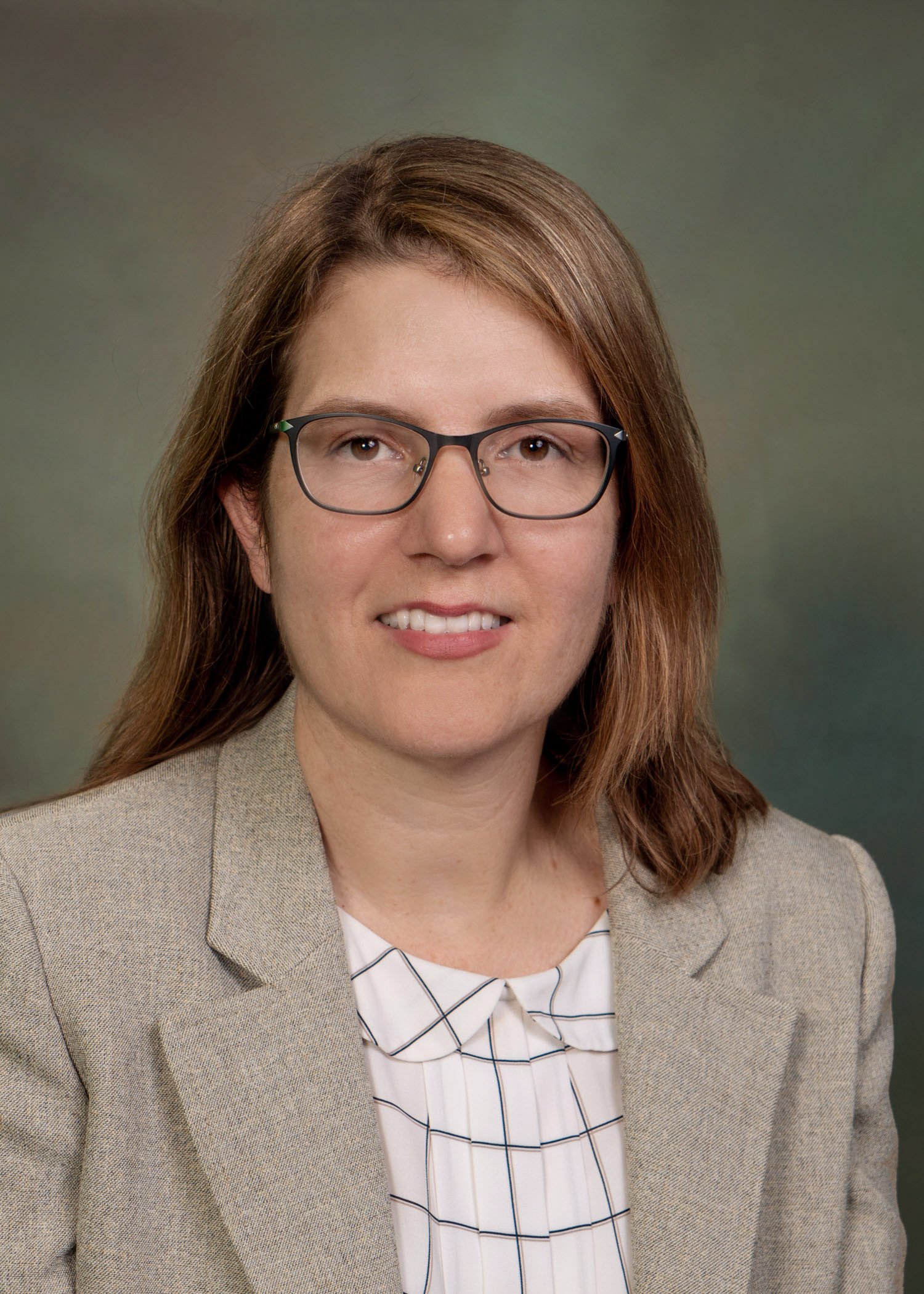Charitable giving can let you accomplish two goals at once: Help your favorite cause and reduce your tax burden.
But not all methods of donation are created equal, and recent legislation has made some sweeping changes to the retirement planning landscape and the tax code – changes that may affect your personal financial strategy.
What Is a Qualified Charitable Distribution?
A Qualified Charitable Distribution (QCD) is an increasingly popular way for individuals 70½ or older to make a charitable donation, to 501(c)(3) organizations such as The MOAA Foundation and MOAA Scholarship Fund. A QCD is a direct transfer from an individual retirement arrangement (IRA) to a qualified charity.
QCDs have several benefits: They can count as your required minimum distribution (RMD) for the year, and they also exclude the amount donated from your taxable income. But one of the best aspects of this donation method is that unlike most other charitable contributions, it does not require you to itemize your taxes.
[RELATED: Understanding the ABCs of RMDs]
SECURE 2.0 Made Some Changes
Recent legislation changed the age when RMDs must be taken from IRAs. The age increased to 73 effective Jan. 1, 2023, and it will rise to 75 in 2033. The law – known as SECURE 2.0, which was included in the budget omnibus passed late last year – did not make any changes to the QCD age, which remains 70½.
The act also increased the QCD limit for future years. The annual limit, which has been in place for more than 15 years, now sits at $100,000, but it will be linked to inflation beginning in 2024.
Also, beginning in 2023, taxpayers can make a one-time election of $50,000 to use a QCD to fund a Charitable Remainder UniTrust (CRUT), Charitable Remainder Annuity Trust (CRAT), or Charitable Gift Annuity (CGA).
With CRUTs and CRATs, a trust must be created and a trustee appointed to manage it. This can be complicated and expensive. Since the new law limits the amount of the one-time election to $50,000, it may not make sense for most charitably minded taxpayers.
[RELATED: Veterans: What’s Taxed (and What’s Not) on Your Federal and State Returns]
The one-time QCD could be used to fund a Charitable Gift Annuity, however. The annuity is a contract under which a qualified public charity agrees to pay the donor (called the annuitant) a lifetime income in return for the irrevocable transfer of cash or other property. Many large nonprofit organizations, including the MOAA Scholarship Fund and The MOAA Foundation, offer CGAs.
The new legislation also changed the amount of excise tax levied by the IRS if an RMD withdrawal deadline is missed. The penalty had been a steep 50% of the amount that should have been distributed, but now is 25% and can be reduced to 10% if corrected in a timely manner.
Why You Still Might Want to Use a QCD
Even though the mandatory RMD age has been pushed back and the penalties have been reduced, charitable giving can still make sense as part of an overall retirement withdrawal/tax minimization strategy.
As mentioned, QCDs lower your taxable income. Not only might this help you lower your tax bill, it can also help you reduce or even avoid the Income Related Monthly Adjustment Amount (IRMAA) – a surcharge on Medicare premiums levied on beneficiaries with higher incomes.
IRMAA is based on Modified Adjusted Gross Income (MAGI), which is slightly different from total taxable income. A cash donation to a charity could reduce your taxable income in the year the contribution is made but would not reduce your MAGI. It would also require you to itemize your taxes, which doesn’t make financial sense for about 87% of all taxpayers. But a QCD doesn’t require itemizing and would reduce your MAGI.
Keep in mind that you cannot also claim the QCD amount as a charitable tax deduction, even if you itemize.
The Most Important Reason to Use a QCD
While there are tax and other benefits to QCDs and other charitable contributions, the most important reason to make a QCD is not something you can quantify: It’s a way to make an impactful gift to a cause you care about. Yes, there are some benefits that accrue from that, but the bottom line is that you should have charitable intentions as the main reason why you are making the contribution.
Tax rules surrounding QCDs, CGAs, and charitable trusts are complicated. It’s always best to seek the advice of your tax professional.
Make the Most of Your Membership: Designate a QCD to One of MOAA’s Charities
As a strategic pillar of our association, philanthropy is an important way for MOAA members to carry their leadership skills gained in the uniformed services into their civilian lives. The MOAA Foundation and MOAA Scholarship fund both provide members with a vetted way to invest in philanthropic initiatives that directly benefit the lives of our fellow servicemembers.
[RELATED: Charities.MOAA.org]
The MOAA Foundation focuses its effort on five key areas: crisis relief, community outreach, career transition, military spouse professional development, and professional education outreach. Funded by donors and corporate sponsors, the programs and services offered by The MOAA Foundation ensure that everyone in the uniformed services, regardless of rank or branch of service, has access to the support they need to live a life reflective of their selfless service.
Similarly, the MOAA Scholarship Fund provides children of military families with financial assistance to help lessen the burden families face when children continue their education. Due to frequent moves and periods of instability, many students of military families do not have the same advantages many of their peers when competing for financial assistance. Through the scholarship fund, students are able to access the next step in their education journey without a mountain of debt and uncertainty.
You can support both of these 501(c)(3) organization through a QCD designation, planned gift, secure online donations, and other options. For more information, email development@moaa.org.
Support The MOAA Foundation
Donate to help address emerging needs among currently serving and former uniformed servicemembers, retirees, and their families.

